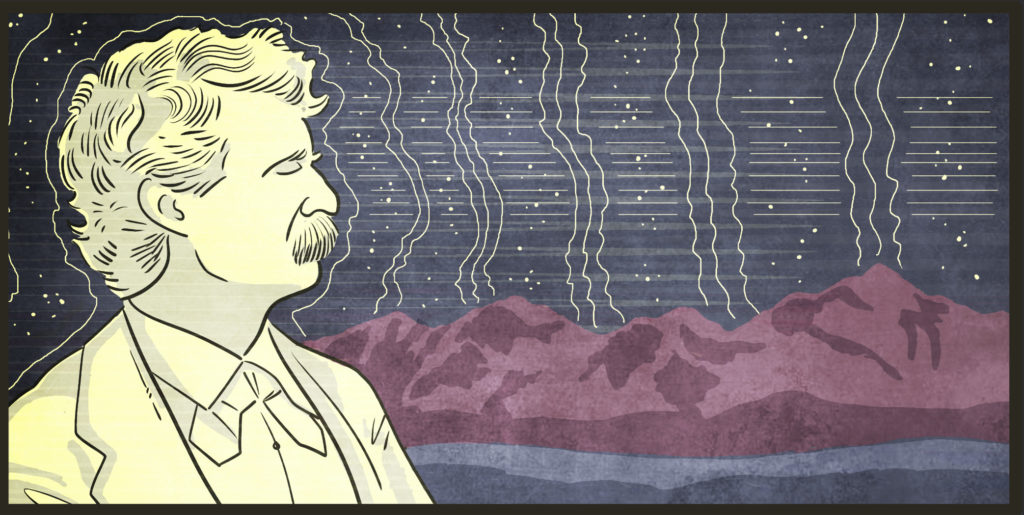We’re away until January 4, but we’re reposting some of our favorite pieces from 2020. Enjoy your holiday!
In February, in our family iMessage group, my brother asked our mother to indulge his craving for egg salad sandwiches. “That is so weird,” I replied. “I dreamt of mom’s egg salad two days ago.” It had been years since I had eaten it, but chewing in my dream, I realized the crunch of the celery that my mother added was the secret. “I had the same epiphany!!!” Dustin texted back. “The celery!!!”
He went on: Maybe this was the chemo he was doing, but Chinese and BBQ from spots we liked out of state were also appealing. He beat—by half a second—a message I was in the midst of sending about how I longed for food from those exact places. We exclaimed at the chances. Dustin joked that my two-month-old had “given us magical powers,” or that our family dog was controlling our minds. “THE LIMIT DOES NOT EXIST,” he said.
When my brother passed away at twenty-nine from complications of leukemia some weeks later, I livestreamed his funeral in Florida from under lockdown in France. The distance between us was imponderable, as great as it could ever be. We’d both wanted the egg salad. That the connection between us would be cut did not follow. Grief breaks your heart; also, it breaks your brain. While we keep the people we love in our hearts, it began to seem that Dustin was in my head more than anywhere else.
Mark Twain, though he did not go for spiritualism or immortality, would have agreed that siblings could tune into each other from opposite sides of the ocean. He believed, he once wrote, that a mind “still inhabiting the flesh” could reach another mind at great remove. There was an inciting incident in the spring of 1875 (before Twain’s red hair went gray), which he recollected as “the oddest thing that ever happened to me.”
from The Paris Review https://ift.tt/3aU6SLr

Comments
Post a Comment